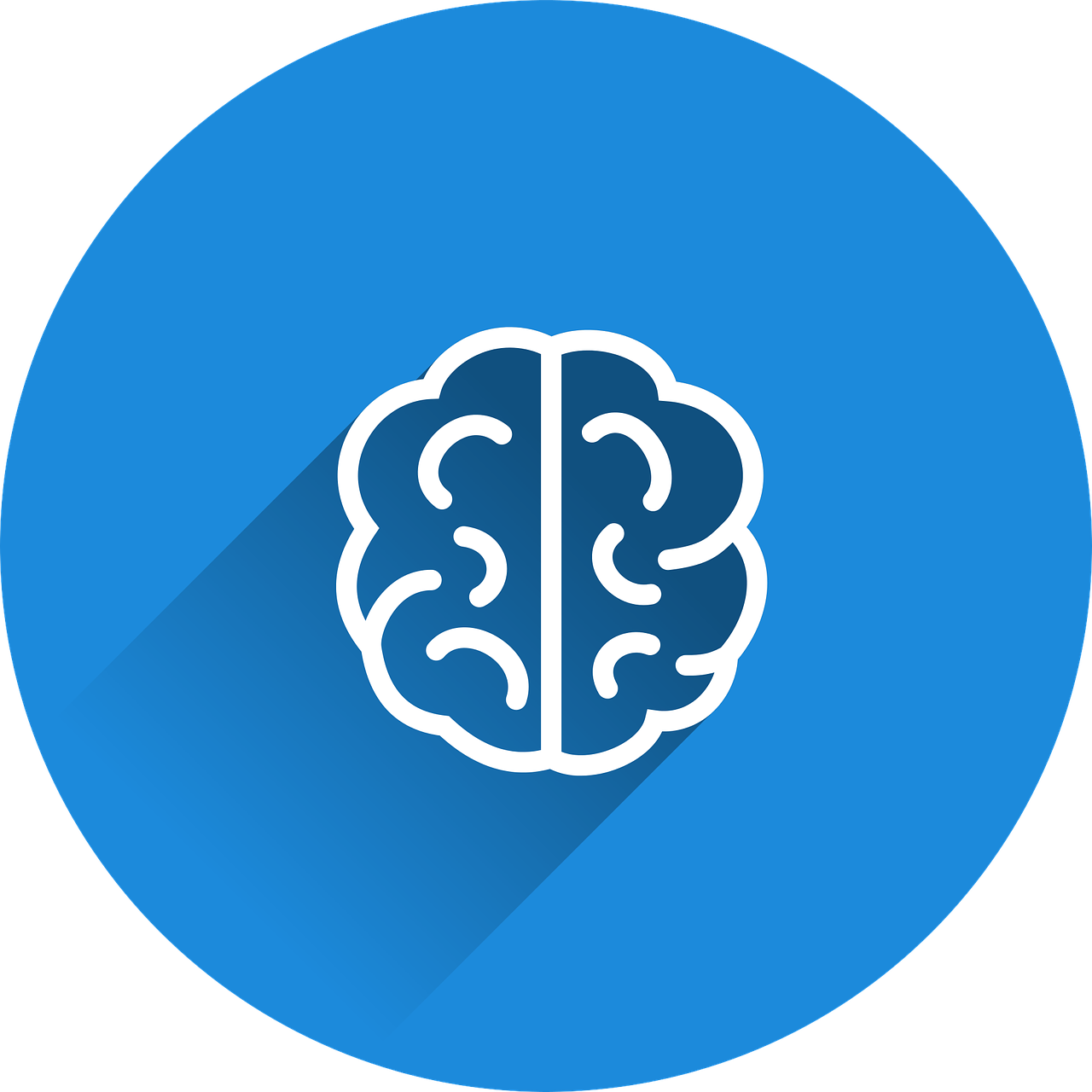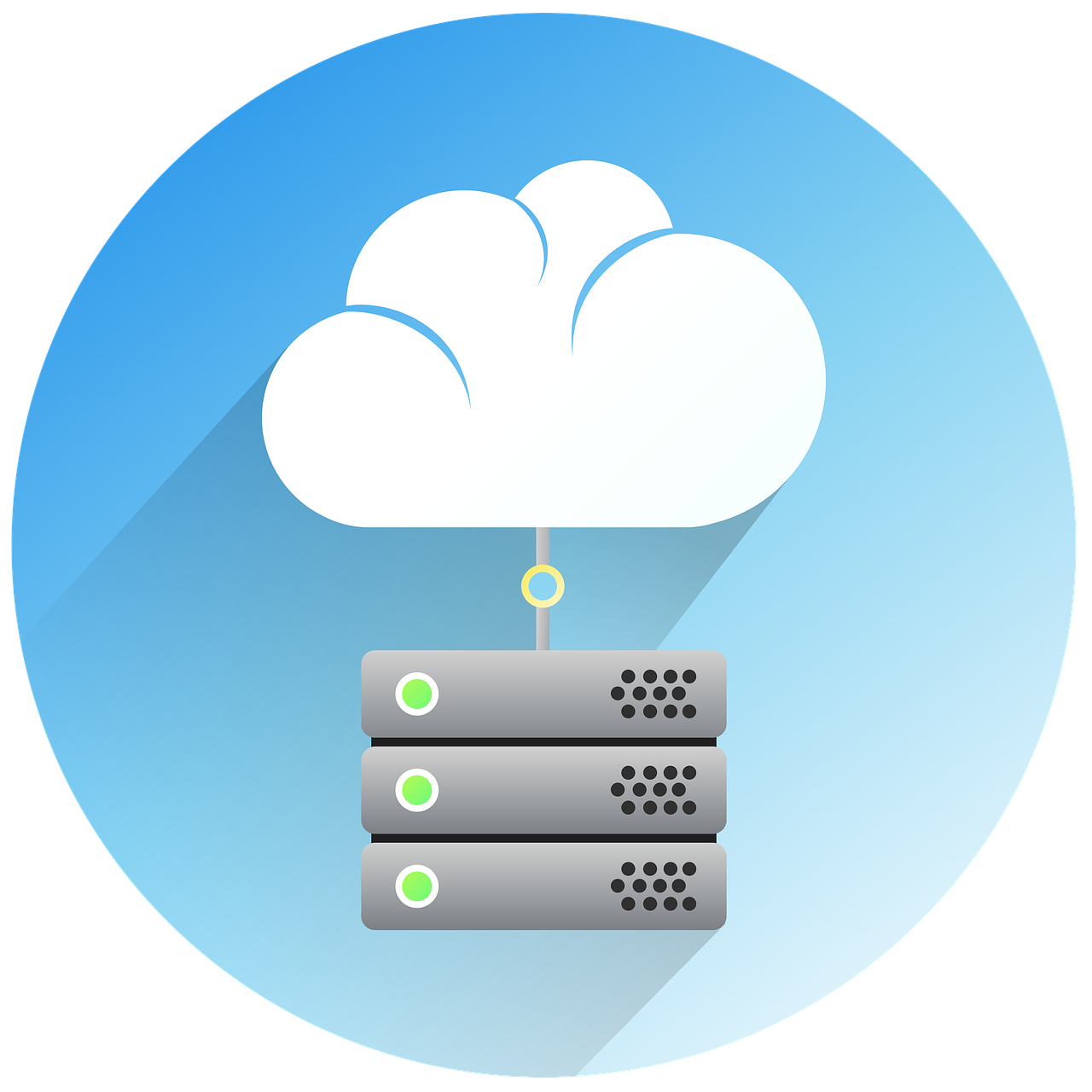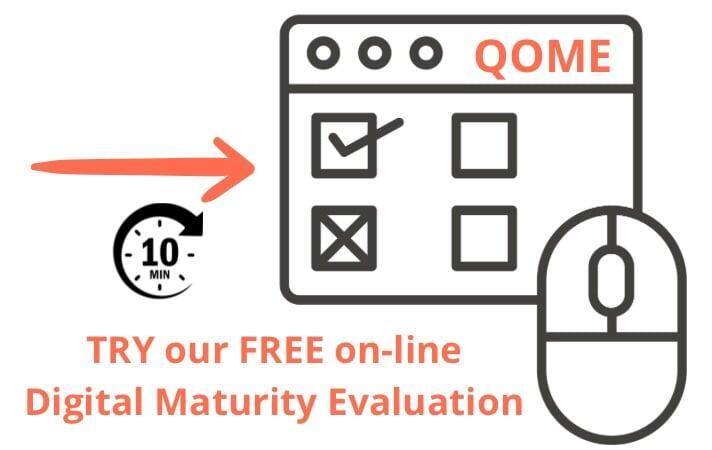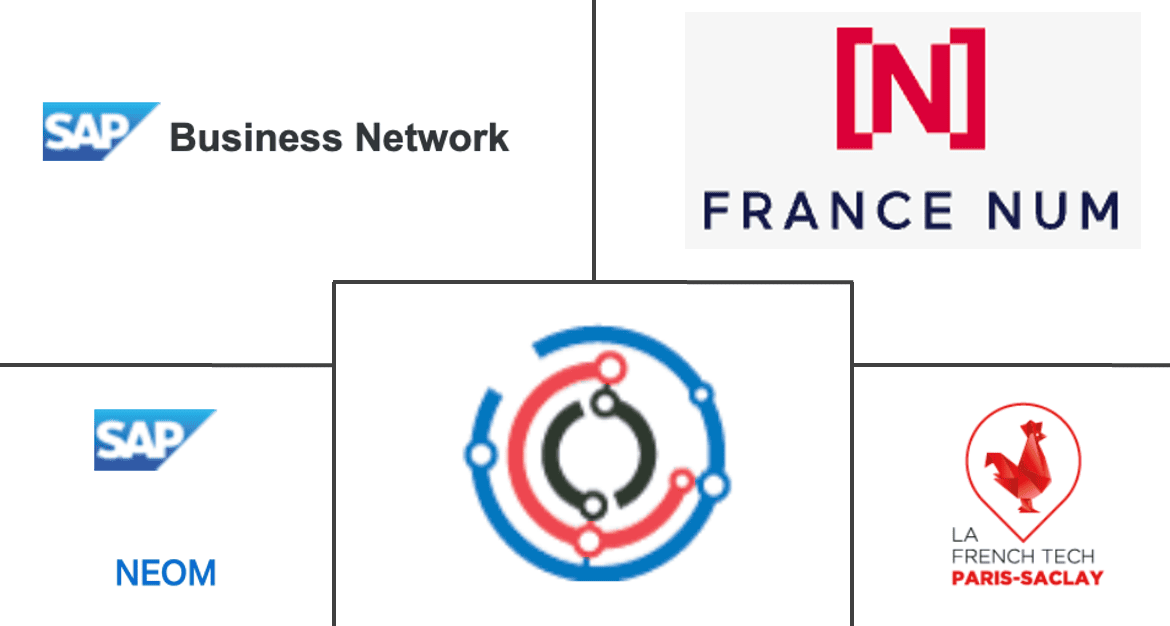QOME © by caspera.lab
An online self-assessment gives a CIO a fast, structured way to gauge both personal and organizational digital readiness. By answering targeted questions across areas like strategy, technology, and culture, you immediately see which domains need deeper investigation—whether that’s your team’s skill gaps, process inefficiencies, or technology shortfalls. At the same time, the built-in benchmarking feature shows how your scores compare to peers in similar industries or sizes, highlighting where you lead and where competitors pull ahead. In just a few minutes, you’ll have a clear roadmap for where to dig deeper and how to prioritize your next steps.
Digital Maturity for QOME©
The Digital Maturity Model (DMM) developed by TM Forum is a structured framework designed to help organizations assess, benchmark, and accelerate their digital transformation journey. It provides a clear roadmap for improvement by evaluating an organization’s capabilities across six key dimensions, ensuring a holistic approach to transformation:
- Customer – Evaluates how well an organization leverages digital to enhance customer engagement, experience, and personalization.
- Strategy – Assesses the alignment of digital transformation initiatives with business goals, vision, and leadership commitment.
- Technology – Examines the adoption and integration of key digital technologies such as AI, cloud, automation, and IoT.
- Operations – Looks at how effectively digital processes are embedded into business workflows, improving efficiency, agility, and resilience.
- Culture, People & Organization – Measures digital mindset, leadership readiness, skills development, and the ability to foster innovation.
- Data – Evaluates how organizations collect, manage, and utilize data to drive insights, decision-making, and automation.
Why Use the DMM from TMForum ?
🔹 Benchmarking: Understand where you stand compared to industry best practices.
🔹 Strategic Roadmap: Set clear goals and priorities for digital transformation.
🔹 Risk Mitigation: Identify potential challenges and gaps before investing in transformation efforts.
🔹 Continuous Improvement: Track progress over time and refine strategies accordingly.

Digital Maturity evaluation . This page shows a static demo. For a live assessment, contact us.

Customer

Strategy

Technology

Operations

Culture

Data





